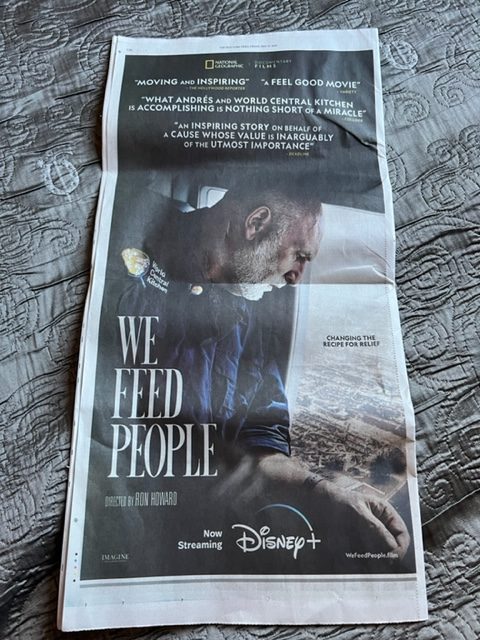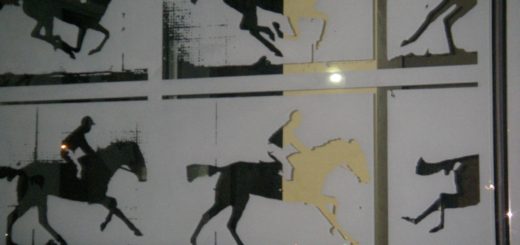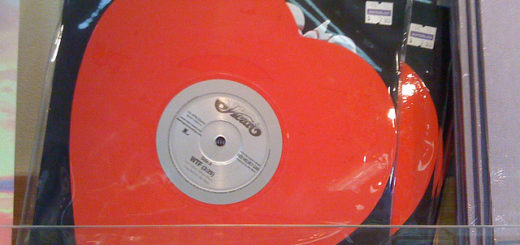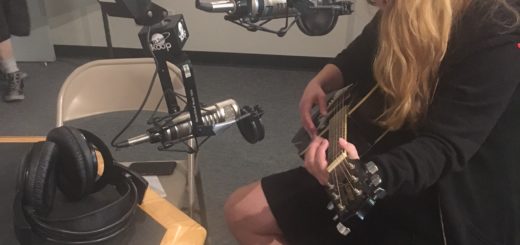We Feed People
During a disaster it’s hard to get a hot meal. That’s why the nonprofit World Central Kitchen is operating multiple locations in Poland, providing solid meals to some of the nearly 4 million refugees fleeing the Russian invasion.
While I can’t possibly understand what the Ukrainian refugees are going through, I have a tiny speck of understanding for what a nice hot meal might mean to them. Growing up on the coast outside of Houston, my family kept a stash of “hurricane food” that didn’t need refrigeration or cooking. Canned tuna, crackers, and granola bars. By about the third day after a storm, those rations really start to wear on you. In larger scale disasters people are often fed a military-issue Meal Ready to Eat. MREs will keep you alive, but there’s a reason the military is known for missiles not macaroni.
That’s where celebrity chef José Andrés and his World Central Kitchen come in, providing good meals of real food to people in a disaster.
Chef Andrés is a larger-than-life food world figure, involved in multiple restaurants, television shows, cookbooks like “Vegetables Unleashed” and a website selling treats like fancy olive oil potato chips. He is scheduled to soon send paella to the International Space Station.
Andrés spent two years at Ferran Adrià’s famed El Bulli restaurant in Spain, repeatedly named the best restaurant in the world. It allegedly had over a million people on the waiting list when it closed. He then brought his tapas to Washington D.C. in 1993. I can personally confirm at least one of his D.C. restaurants is delicious.
Now Andrés is the focus of “We Feed People” a new documentary about World Central Kitchen directed by Ron Howard. It premiered at the South by Southwest festival in Austin, Texas in March and is currently streaming on Disney+.
World Central Kitchen started accidentally when Andrés was on holiday in the Cayman Islands when an earthquake decimated Haiti in 2010. He felt called to help. Soon he was in Haiti, conjuring up kitchens, buying up supplies, then delivering hot meals. He did it again in disaster after disaster. Andrés is both the founder and Chief Feeding Officer for WCK.
The outsize celebrity of Chef Andrés inspires new volunteers for WCK. Austin native Jordan Ramsey, 32, answered a call for WCK volunteers on Instagram, and spent weeks volunteering near the primary border crossing to Ukraine, in Przemyśl, Poland. Ramsey left Poland a few days before Easter. (Ramsey promises the city is pronounced “Shemish.”) “He is a big idol of mine,” Ramsey said. He said he had the time, money and motivation to help. “I couldn’t sit idle and let this [expletive] happen.”
Ramsey is a Texas native and food service professional who is planning on soon moving to Spain and opening up his own taco restaurant. Ramsey spent the spring as a disaster relief chef at a warehouse kitchen in Poland that was making 7,000 sandwiches, between 6,000 and 7,000 hot meals, and between 1,000 and 2,000 salads when he left on April 12 . He told me in his area alone, 60 to 65 volunteers help with kitchen work. Ramsey strongly encouraged future volunteers to sign up online, not just show up in Poland unannounced.
Andrés wrote on Instagram, under video of him handing out meals in Ukraine just hours after Russian troops retreated: “Joining the @WCKitchen team reaching Irpin & Bucha the day it was liberated, I will never forget the brave people I met—and the world must never forget the horrific crimes committed.”
WCK locations also operate inside Ukraine, delivering food to bomb shelters and people in the war zone. When a WCK kitchen in Kharkiv was struck by a Russian missile, wounding four people. WCK CEO Nate Mook wrote on Instagram:
“An update I hoped I’d never have to make. I’m at a @WCKitchen restaurant in Kharkiv, where less than 24 hours ago I was meeting with their amazing team. Today, a missile struck. 4 staff were wounded & the kitchen heavily damaged. This is the reality here—cooking is a heroic act of bravery.”
For volunteers like Ramsey, feeding people is about more than getting calories into their bodies. Ramsey said at his location they were cooking a lot of soup and stew, as it was still winter there. “They need something warm and comforting, like a hug in a bowl,” Ramsey said about the Ukrainian refugees he was feeding.
Ramsey’s take on food sounds a lot like how Andrés describes cooking in the new documentary.
“You put everything in a pot. You put water, you put ingredients. And after love and time and heat and warmth at the end you come up with a dish.”
Love might be the first ingredient in WCK recipes, but it takes money to make these meals. The charity purchases food to plan specific dinners, and that’s supplemented with donations. There are a lot of grass roots fundraising efforts taking place around the country to help raise money for WCK, ranging from scallop fishermen in Newburyport, Mass auctioning off a wooly mammoth tooth that they dredged up off the coast of Plum Island to various bake sales happening around the country.
To help WCK with their grocery bill, Austin native Jessica Frick, 39, held a bake sale last month. The idea came to her as she was looking at a new cookbook while listening to CNN coverage of the war.
Frick and her mother made treats and around 10 neighbors donated baked goods. When she set up the goodies in the parking lot of a Central Austin tire shop, she left off prices and asked people for donations. She raised $1,180, a sum divided between WCK and the Nova Ukraine charity.
“It’s one of the nice things that remind you people are good.” Frick said about the results of the bake sale.
WCK has been getting food to Ukranians impacted by the war, sometimes just hours after the Russian forces leave. On Instagram, film director Cary Fukunaga, Director of the recent Bond film “No Time To Die” described on Instagram what it was like being with Andrés in Ukraine:
“There are a lot of horrific stories and imagery coming out of Bucha … We had only planned on going as far as Irpin, but when the mayor found us, he took us to Bucha where what was left of the population was emerging carefully from the Russian occupiers, some of whom were still entrenched in town. Mostly elderly, sick and hungry, their trauma was expressed in blank disbelief, then tears, then kisses and long desperate hugs. They started to arrive from all directions, and spoke to who ever would listen with shaking hands and voices.”
It’s going to take a lot more than “a hug in a bowl” to make things right for the Ukrainian victims of the Russian invasion, particularly given the horrific war crimes now coming to light in places like Bucha. Yet since it’s hard to face the troubles of the world when you are hungry, that “hug in a bowl” is a good place to start.























